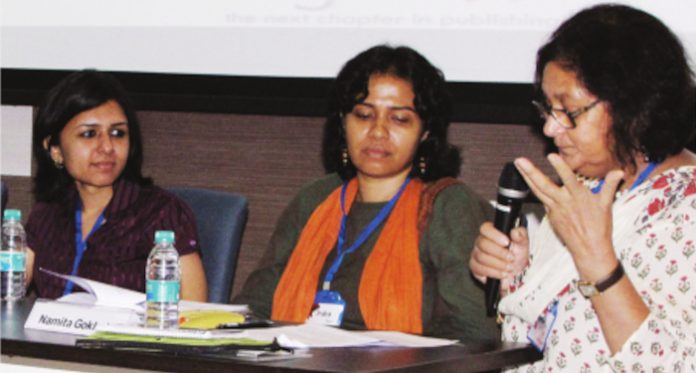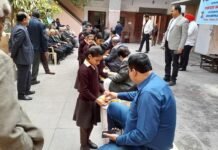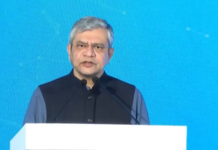
Since its inception in 2011, Publishing Next has emerged as an important event on the calendar of every publishing professional who wishes to be acquainted with newer technologies, business practices and trends in the world of publishing. Spread over two days, the conference, through a mix of long-form panel discussions, how-to workshops and experience-sharing in- sight talks has covered topics that include Indian language translations, preservation of oral traditions, the intricacies of ePublishing with emphasis on Indian languages, book retailing, meta data development and the evolution of graphic books.
By concentrating on a few languages each time, the conference has also de- veloped much knowledge around the state of publishing in various Indian lan- guages, the only platform of its kind to do so. Besides English and Indian lan- guage publishers, editors, translators, designers, bloggers, students of pub- lishing courses, book retailers, digital content developers, literary agents, government bodies and observers of the publishing industry have attended the annual event. In particular, there has been a lot of interest from the printing community. In fact, in 2013, HP India was the title sponsor for the event.
After seeing its wide appeal and the range of topics discussed during the con- ference, National Book Trust, India, has invited Publishing Next to organize a one- day conference during the forthcoming World Book Fair at New Delhi. The conerence will be held on 16 February at Pra- gati Maidan, the venue of the fair.
During this conference, titled Pub- lishing Next at the New Delhi World Book Fair, once again a wide variety of is- sues will be examined.
The day will start with deliberations on Indian language publishing, an extension of previous such discussions that will examine the state of publishing in languages such as Telugu, Kannada, Assamese, Punjabi and Urdu.
In previous editions, these discus- sions have brought into focus the abysmal lack of readership, poor distri- bution and the absence of translations a some of the reasons that have belied the potential of Indian language publishing.
The next session on the agenda will concentrate on issues that have imped- ed the growth of ePublishing in India.
It will particularly concentrate on in- frastructural issues that have under- mined the proliferation of eBooks in In- dia, issues such as the non-availability of adequate fonts, the absence of a home- grown reader and the absence of well- evolved tools such as OCR that could fa- cilitate the development of eBooks with- in an Indian context.
Among the speakers will be Swarn Lata who is coun- try head of W3C in India and Venkatesh Hariharan who has considerable expe- rience in the development of fonts and tools for Indian language publishing.
The third session planned for the conference will focus on the phenome- non of self-publishing and examine its place in today’s publishing environment in India. It will examine the causes for its popularity despite the fact that new publishing houses are emerging ever so rapidly and how technology may have catalysed this popularity.
Feedback for past conferences had thrown up a demand for a ‘ePublishing 101,’ a basic primer on digital data de- velopment that would address issues mainly raised by publishers with limit- ed resources. The conference in Delhi will therefore include a workshop that builds a case for eBook development, help the audience understand the pros and cons of undertaking eBook devel- opment and will address the issues re- lated to the basic workflow involved in producing an eBook. The organizers of the conference hope that small and large publishers alike, whether pub- lishing in English or in Indian language, will attend the workshop to understand how eBooks should be embraced and be acquainted with the intricacies of such an undertaking.
















